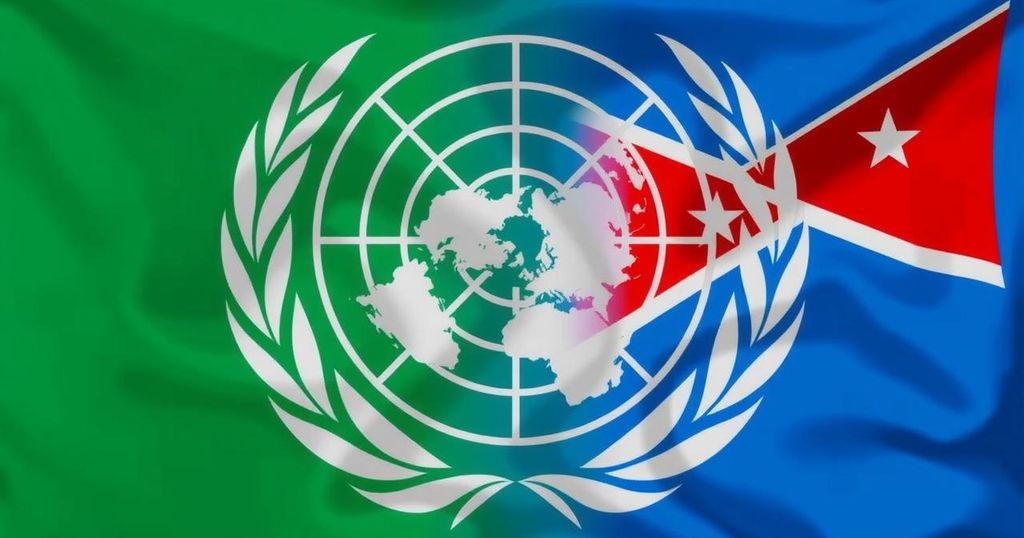Papua New Guinea is boycotting the upcoming UN climate summit, labeling the negotiations a “waste of time” filled with empty promises. Foreign Minister Justin Tkatchenko criticized the ineffectiveness of COP meetings, expressing that the nation will pursue alternative bilateral climate agreements to achieve meaningful progress, particularly with larger carbon-emitting countries such as Singapore.
Papua New Guinea has announced its decision to boycott the upcoming UN climate summit, deeming the negotiations concerning global warming as a “waste of time” largely filled with unfulfilled promises from major polluting nations. Foreign Minister Justin Tkatchenko articulated his views prior to the COP29 summit scheduled for November in Azerbaijan. He criticized the efficacy of such conferences, indicating that travel-related fatigue diminishes their productivity and results in no tangible outcomes. Tkatchenko further stated that the commitments made by large polluters often evaporate into consultancy fees without corresponding climate relief results. Papua New Guinea, recognized as housing the third-largest rainforest expanse globally, is perceived as acutely vulnerable to the impacts of climate change, given its geographical position and economic challenges. Tkatchenko expressed profound dissatisfaction with the current state of climate dialogues, labeling the COP meetings as ineffective. The island nation has participated in international legal efforts concerning climate obligations and intends to pursue more fruitful bilateral negotiations focusing on actionable climate agreements, particularly with countries such as Singapore. This approach aims to circumvent the inefficiencies of the COP framework. As a nation directly affected by climate change, Papua New Guinea’s stance marks a significant escalation in calls for reform within international climate negotiations and a shift towards practical collaboration among nations.
The announcement by Papua New Guinea to boycott the UN climate summit signifies a profound criticism of the current global climate negotiation framework, which is often perceived as ineffective especially by smaller and developing nations. These nations bear the brunt of climate change impacts, despite contributing minimally to global emissions. The COP summits are designed to facilitate international cooperation against climate change, epitomized by the Paris Agreement’s goal of reducing emissions. However, ongoing perceptions of inaction and bureaucratic sluggishness have prompted calls for more direct and effective climate strategies, especially from vulnerable nations like Papua New Guinea.
In conclusion, Papua New Guinea’s boycott of the UN climate summit illustrates a growing frustration among small island nations regarding ineffective climate discussions and empty promises. By seeking alternative bilateral agreements, Papua New Guinea aims to generate genuine climate action with significant partners, counteracting the perceived inadequacies of the COP process. This bold move may catalyze other nations to reassess their participation in international climate dialogues.
Original Source: www.voanews.com







